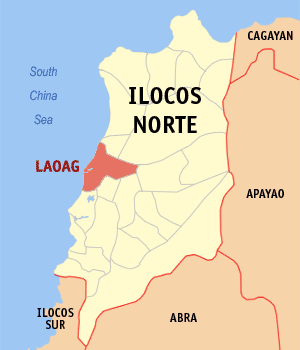MANILA, Philippines— More than 20 petitioners against the Anti-Terrorism Act of 2020 pressed the Supreme Court to issue a restraining order against its implementation.
On Thursday, the 23 petitioners filed a joint motion for the issuance of a temporary restraining order or status quo ante on the implementation of what is now the most contentious law raised before the high court.
Petitioners said authorities already filed an Anti-Terror complaint against two Aetas in Zambales and reportedly another case has been filed against farmers in Negros Island.
“These reported cases are only those involving incidents of criminal prosecution. It does not include the implementation of its provisions involving acts like surveillance, ex parte examination of bank accounts and similar provisions,” read the joint motion.
They noted that the Armed Forces of the Philippines publicly admitted that it placed under surveillance some of the petitioners and lawyers in the case while some have been red-tagged by some government officials.
“Under the circumstances, and in view as well of certain objections of the law’s Implementing Rules and Regulations as already raised by some petitioners, we collectively submit that it is imperative and thus implore the Honorable Court to meanwhile issue the injunctive relief prayed for if only to prevent, in the meantime running up to almost two months before the oral arguments, any further implementation of the provisions of the assailed law which may impact on the lives, liberties, and security of the petitioners and the public at large,” petitioners said.
The issuance of a TRO or SQAO is among the issues that will be discussed during the oral argument on Jan. 19, 2021.
Petitioners said a restraining order should be issued “without prejudice to its being taken up as one of the issues in the scheduled oral arguments.”
Meanwhile, the National Union of Peoples’ Lawyers said petitioners reached a consensus during a digital caucus and consultation facilitated by the Integrated Bar of the Philippines, also a petitioner in the case.
“Indeed, as in cases of such transcendental importance and indubitable exigency, especially as it involves an epic conflict between overreaching State power vis-a-vis sacred individual and collective rights and freedoms, time is of the essence,” the NUPL added.
The high court on Thursday afternoon conducted a preliminary conference on the anti-terrorism petitions.[ac]


